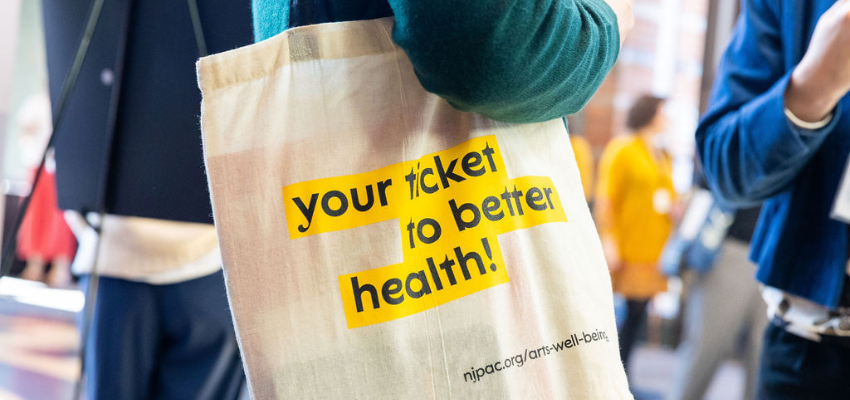Healthcare in the United States is a hot-button topic, inundating news media almost daily, and yet perhaps not a topic you would expect to appear in a conversation regarding the arts and humanities. However, the practice of social prescribing is slowly entering the mainstream, and organizations like the New Jersey Performing Arts Center (NJPAC) are working to ensure the practice thrives. The ArtsRx program is the first in the state of New Jersey to prescribe art alongside traditional medicines or therapies and, by extension, the first in the country to have an insurance carrier, Horizon Blue Cross Blue Shield, as a key partner.
In order to understand the program, let’s first address what social prescribing is. It is the practice of referring people to community-based, non-clinical support services to improve their health and well-being. Healthcare providers across the United States have begun to incorporate this new idea of prescribing, using an array of needs assessments to inform community referrals for food, housing, transportation, and more.
Imagine that you are struggling with depression or anxiety, among other things, and you seek help from your doctor. In all likelihood, you won’t have to stretch your imagination too far. We’ve all been there, but now your doctor prescribes you participation in ArtsRx rather than a script for a pharmaceutical antidote. The “prescription” now grants you free access to six arts and cultural activities over the course of six months. Activities include, but are not limited to, concerts, glassblowing classes, comedy shows, craft workshops, museum admission, soul line dancing, and film screenings. An ArtsRx Connector, an NJPAC staff member, will be assigned to assist you in facilitating these opportunities. They are like your own personal matchmaker for fun, and because the idea is to engage in social activities, the “prescription” allows for up to two additional participants to join you. These opportunities are entirely free to participants, with all costs being covered by NJPAC Arts & Well-Being, thanks to generous support from RWJ Barnabas Health System, Horizon Blue Cross Blue Shield of New Jersey, Women @ NJPAC, and other founding supporters.
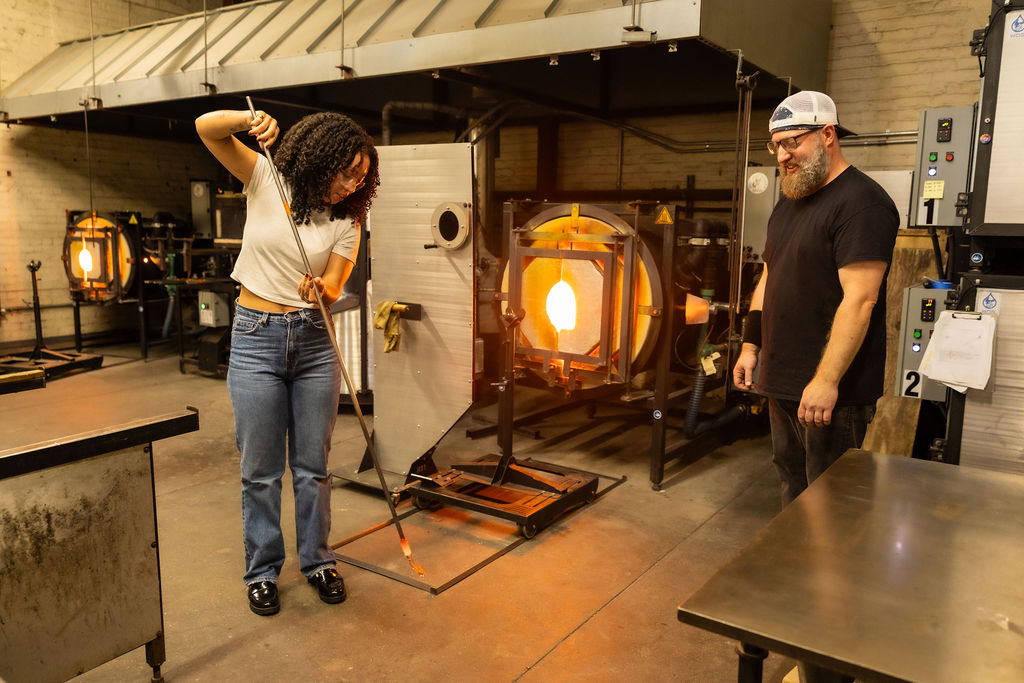
When enrolling in ArtsRx, participants are required to complete an “intake survey,” which helps their ArtsRx Connector understand which activity may be best suited to their preferences and needs. Once a participant has completed an activity, they will be asked to complete a follow-up survey. A small price to pay in exchange for free entertainment. The process repeats for each of the six activities selected over the course of the six month opportunity. At the conclusion of the final survey, the participant receives a $10 gift card as a token of gratitude for contributing to the initiative.
NJPAC Arts & Well-Being is one of the departments within the NJPAC organization dedicated to their overarching mission of Social Impact. Assistant Vice President (AVP) of Arts & Well-Being, Alyson Maier Lokuta, says, “ArtsRx was created in response to research demonstrating that engagement with the arts increases positive health outcomes.” She goes on to joke that were you to make a commercial akin to those we see for pharmaceutical products, the announcer would read: ‘This new drug gives you less loneliness, lower social isolation, you'll live longer, and have less cognitive decline. You'll have happiness! You'll connect with your community! Additional side effects include joy and social connection.” That sounds like a winning commercial in my book, certainly less anxiety-inducing than some of the possible side effects we hear in the average drug advert.
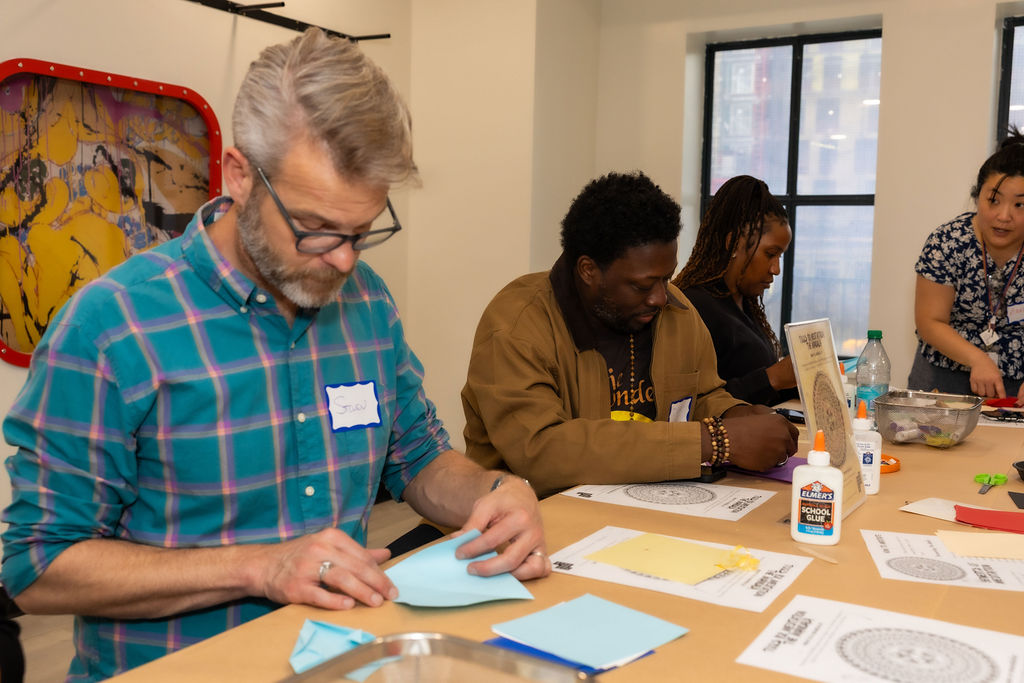
While the ArtsRx program is a fantastic initiative, it is but one of many programs led by Maier Lokuta and the Arts & Well-being department. The AVP holds her Master of Arts in Arts in Medicine from the University of Florida Center for Arts in Medicine, where she conducted research on the impact of the arts on healthcare worker well-being. Her position at NJPAC now allows her to lead innovative research, evaluation, education, and programming at the intersection of arts and health for communities in Newark and across New Jersey. She is a co-founder of the NJPAC-Rutgers Arts in Health Research Lab, and ArtsRx is her creation. Practicing what she preaches, she shares that she stays well through creating visual art, writing, and playing guitar.
She dedicates a moment to explain a few of the additional programs that her team is dedicated to within the Health Promotion Pillar, one of the broadest under Arts & Wellbeing. “This is where we develop specific longitudinal programming that addresses a specific health need with a specific arts modality. For example, we have the Lullaby Project, which pairs new and expecting parents and mothers with songwriters to write personalized lullabies for their babies over the course of six weeks of songwriting workshops. The way we choose our referral partners is based on who is serving the unmet needs of our community. For instance, Newark Beth Israel Medical Center's Labor and Delivery department receives information about the Lullaby Project in their discharge packets. We also have Ritual4Return, which is a 12-week program for formerly incarcerated individuals where they learn to investigate and retell their stories. It culminates in a rite of passage where they are re-welcomed into their community. Essentially, it serves as a portal, out of a time of incarceration and into a new promise that they're making to themselves and their community. It's been described as transformative for the participants, with many having expressed that it was the moment they began to heal.”
Research has proven that, much like exercise and good nutrition, arts and culture positively affect health outcomes such as longevity, well-being, social connection, and cohesion. Furthermore, research has shown that it decreases negative health outcomes, including depression, loneliness, and substance use trajectories. The feedback from participants in these programs has, thus far, confirmed as much. As such, the tagline for the ArtsRx program is "Your Ticket to Better Health."

